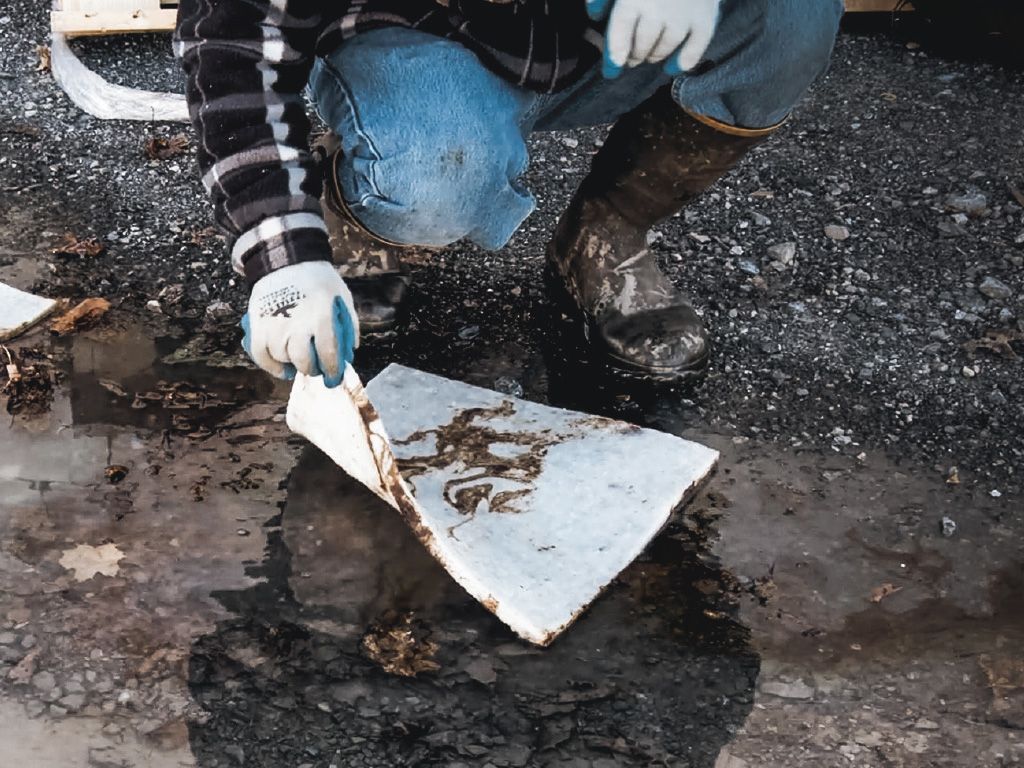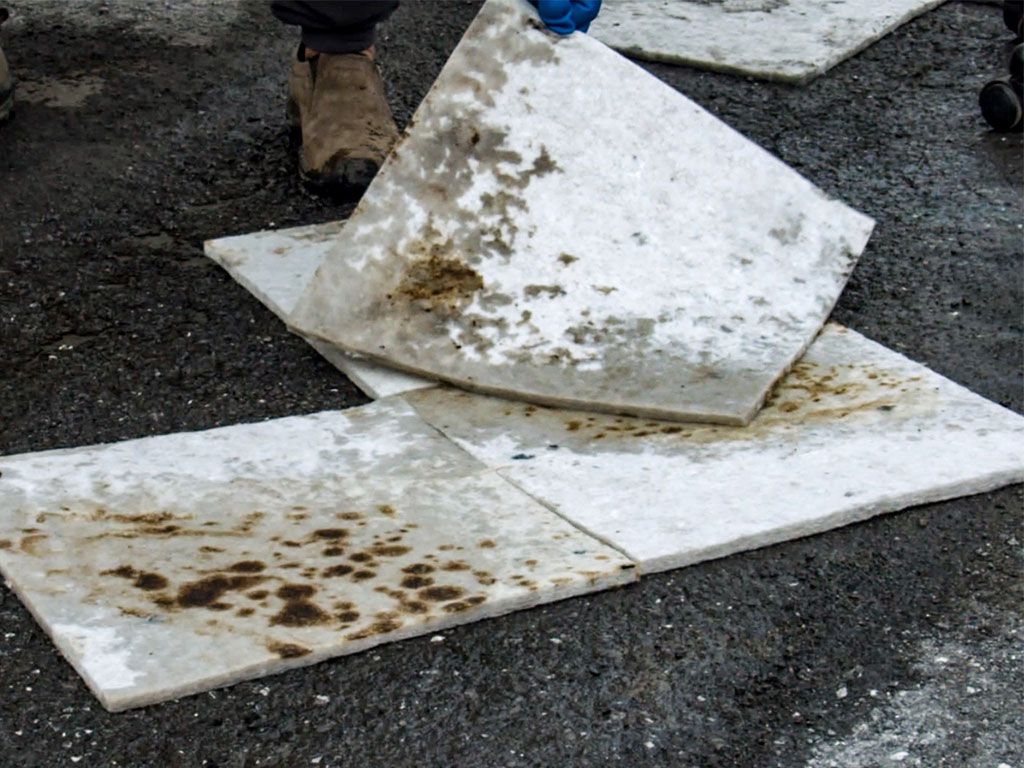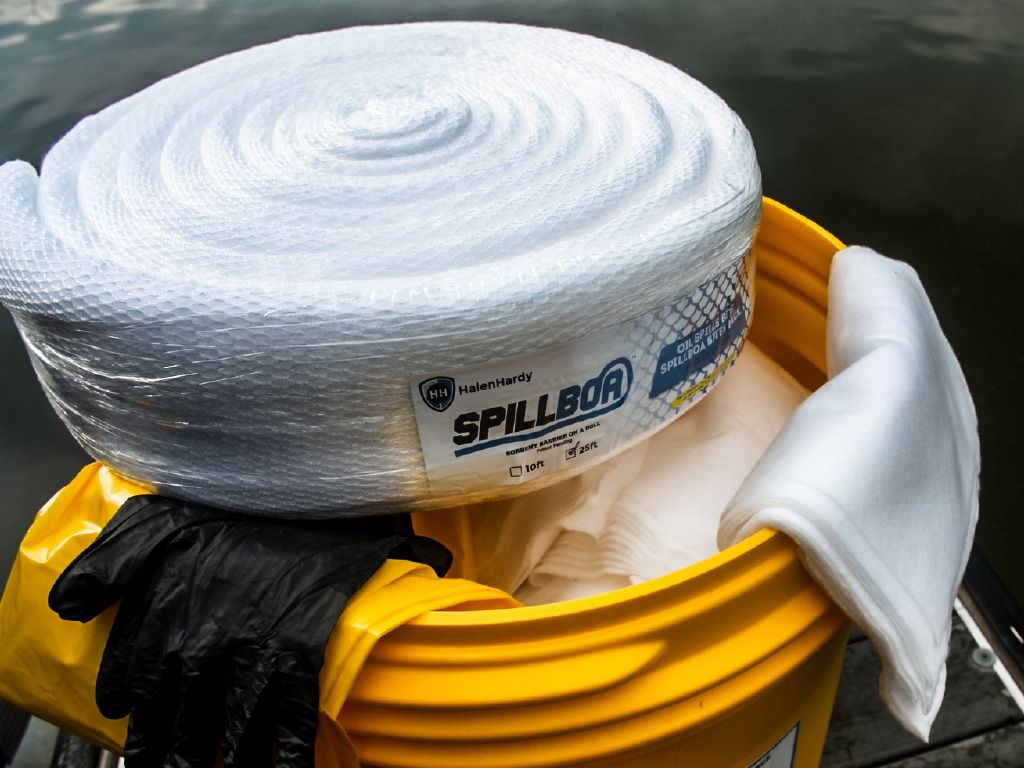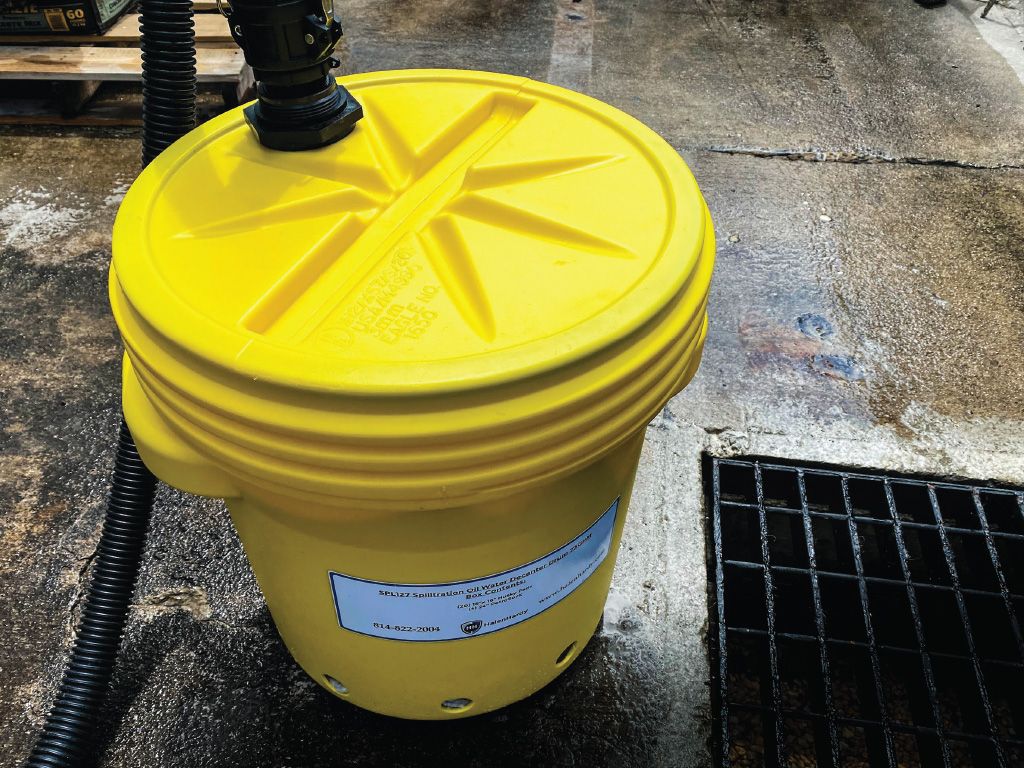
RECENT POSTS
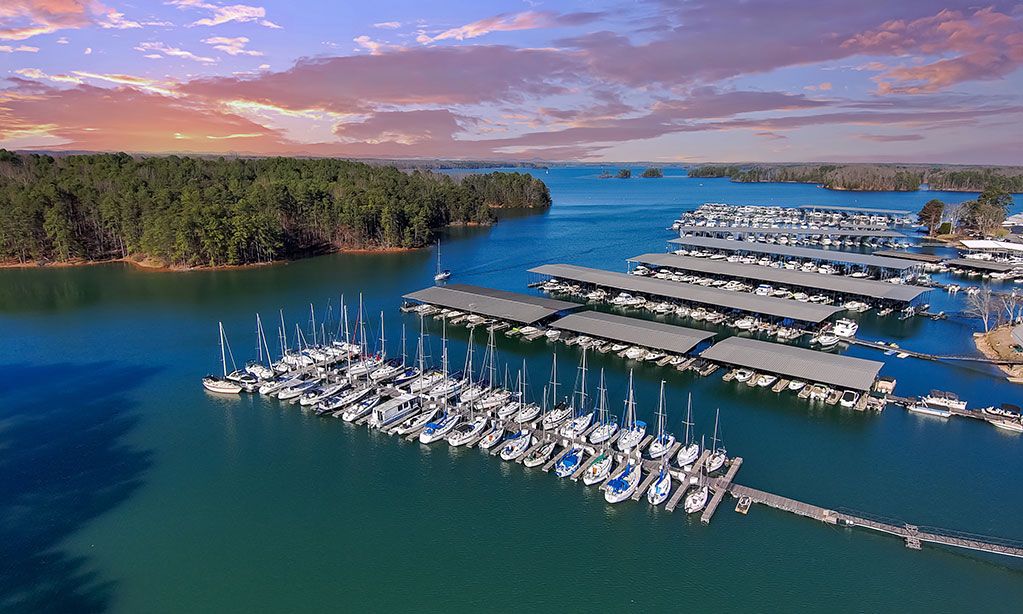
Mitigate Oily Bilge Water Discharges: Effective Prevention Strategies
Keeping boats in peak shape means performing routine maintenance. But replacing filters, checking hoses and lubricating the prop shaft are just a few of the things that can introduce fuel and oil into bilgewater.
Even on the most meticulously maintained watercraft, it is almost inevitable that there will be at least a small sheen when the bilge is pumped. In addition to oil, bilge water can also contain metals, dirt and bacteria that can cause environmental problems.
Environmental Impact of Bilge Water Discharges: The Hidden Dangers of Small Watercraft Pollution
A few drops of oil may not seem like a lot, but when you combine the discharges from thousands of small recreational boats, it adds up. For example, according to the National Oceanic and Atmospheric Administration (NOAA), the refueling and bilge discharges from small fishing and recreational boats are the largest contributor of oil pollution in Puget Sound. The same findings are echoed throughout the nation.
Discharging any amount of oil into water causes pollution that can harm fish and kill aquatic microorganisms. It is also illegal and can lead to significant fines.
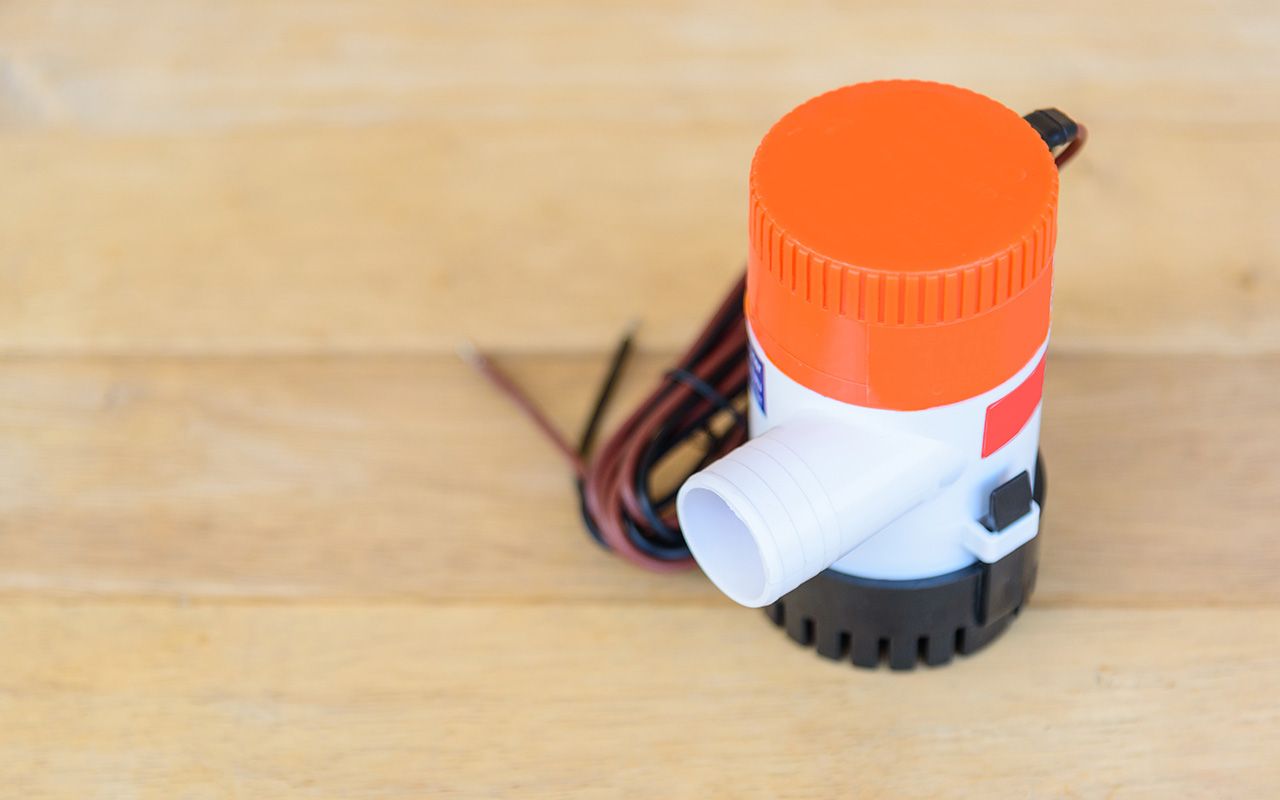
Unveiling the Culprits: Refueling and bilge discharges from small fishing and recreational boats are major sources of water pollution.
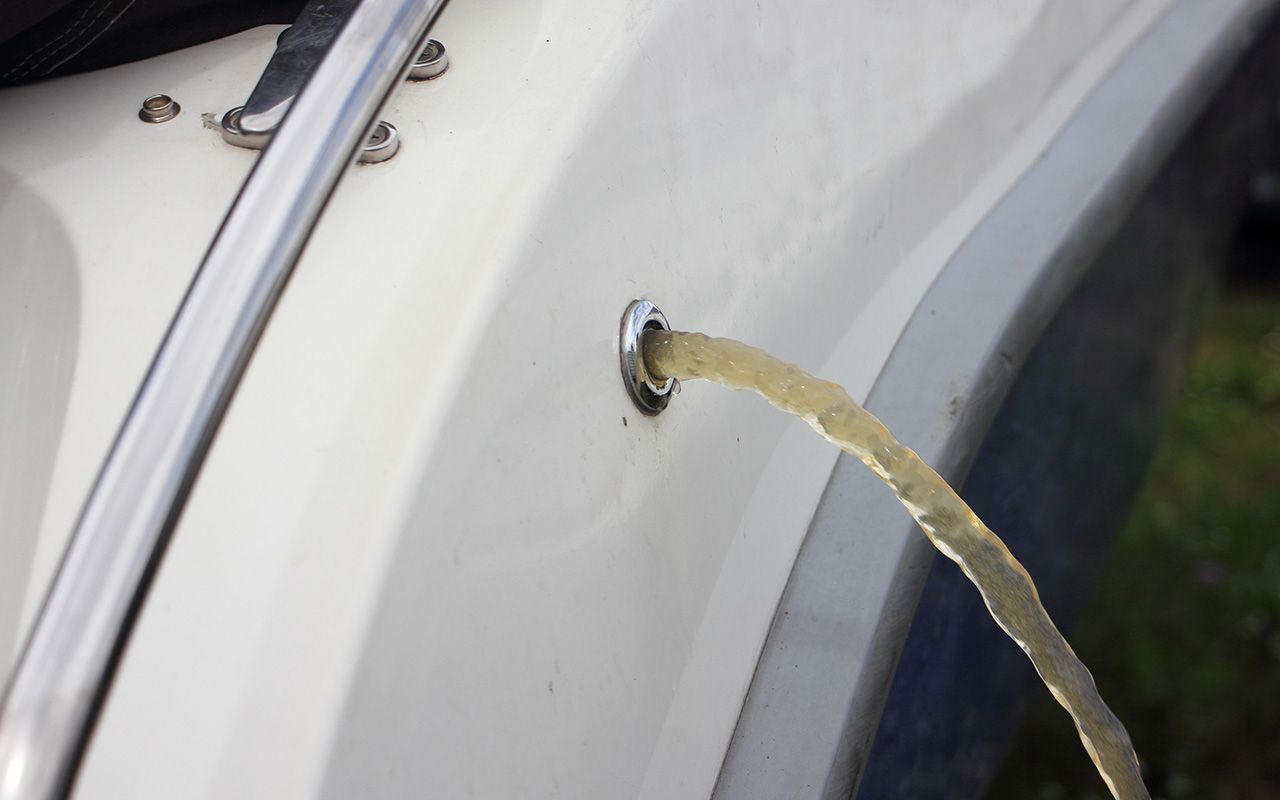
Potential Environmental Hazard: Contaminants wash into bilge and discharge into surrounding waters.
Simple and Effective Solutions for Preventing Bilge Water Pollution
Preventing oily sheens from reaching water where boating, swimming and fishing occurs doesn’t have to be hard or expensive. Some marinas offer bilge pumping services or provide other types of oil/water filtration devices to help ensure that oil and fuel don’t end up spoiling everyone’s day.
However, in cases where these services are not available, boat owners can still do their part. Spilltration® Husky Pads offer a reliable solution by effectively filtering oil and fuel from water, enabling the safe pumping of bilges while preventing harmful oil discharges.
Best Practices for Boat Owners: Maintaining Clean Recreational Waters Essential Tips and Guidelines
Here’s a quick chart to help boat owners keep our recreational waters clean and safe. By following these basic steps, we can all do our part in preserving the beauty and purity of our waterways today and for generations to come.
-
Best Practices for Boat Owners: DO
-
Contain pumped bilge water if oil is present and it cannot be filtered before discharge
-
Place an oil absorbent pad in your bilge and hull. Check them regularly.
-
Consider installing an oil/water filter on your bilge discharge line.
-
Check with marina staff to see if they offer bilge pumping services.
-
Pump bilge water through filtering media to remove oil, dirt and other contaminants.
-
Keep a marine spill kit on each watercraft to quickly confine and absorb spills.
-
Best Practices for Boat Owners: DO NOT
-
Pump oil-containing bilge water directly into any body of water.
-
Discard spent absorbent pads on shorelines, docks or slips.
-
Use soaps or detergents to remove sheens from the water’s surface.
Related Articles
Spill Response Solutions
NEED SOME HELP?
Call our team directly at 814-822-2004 or email sales@halenhardy.com.
